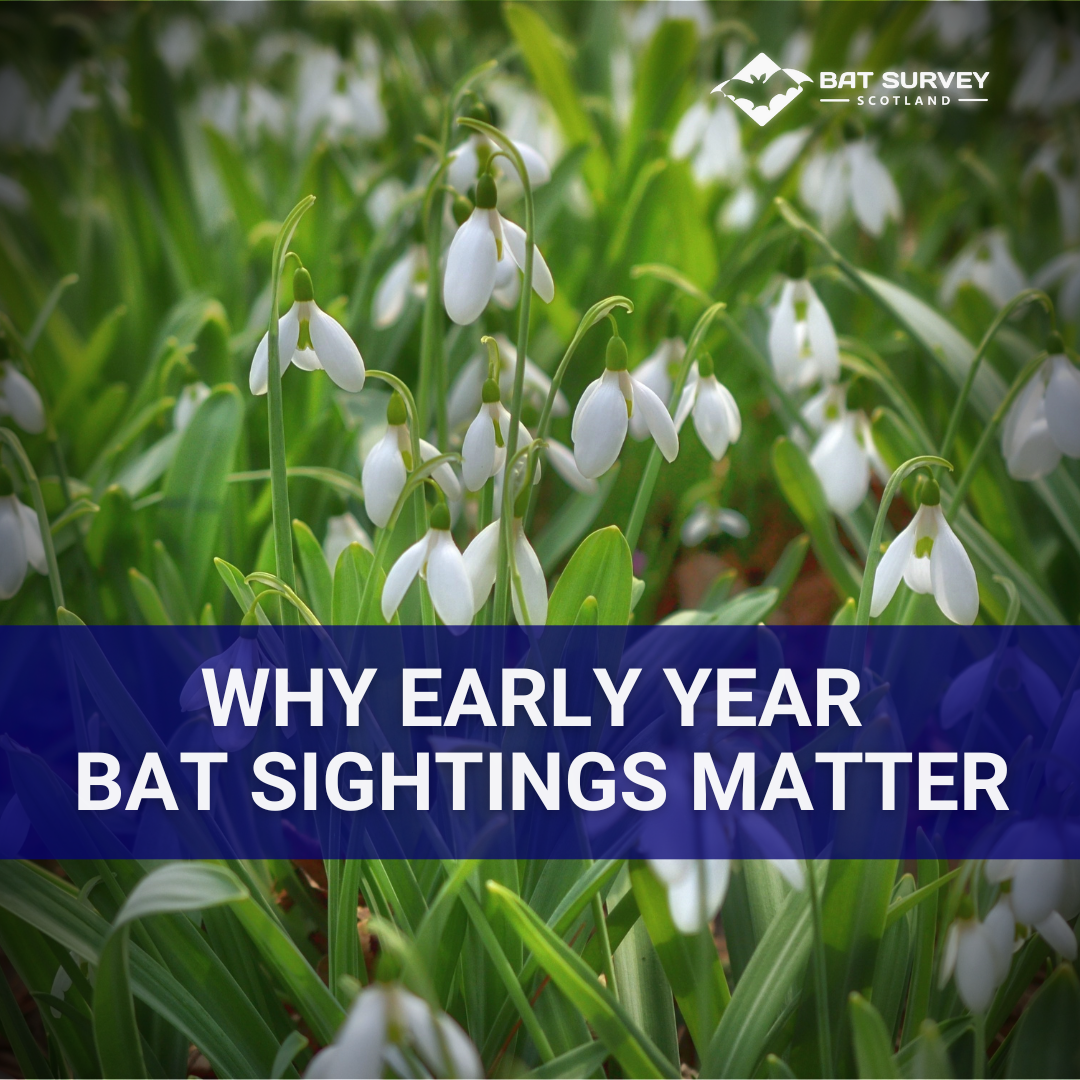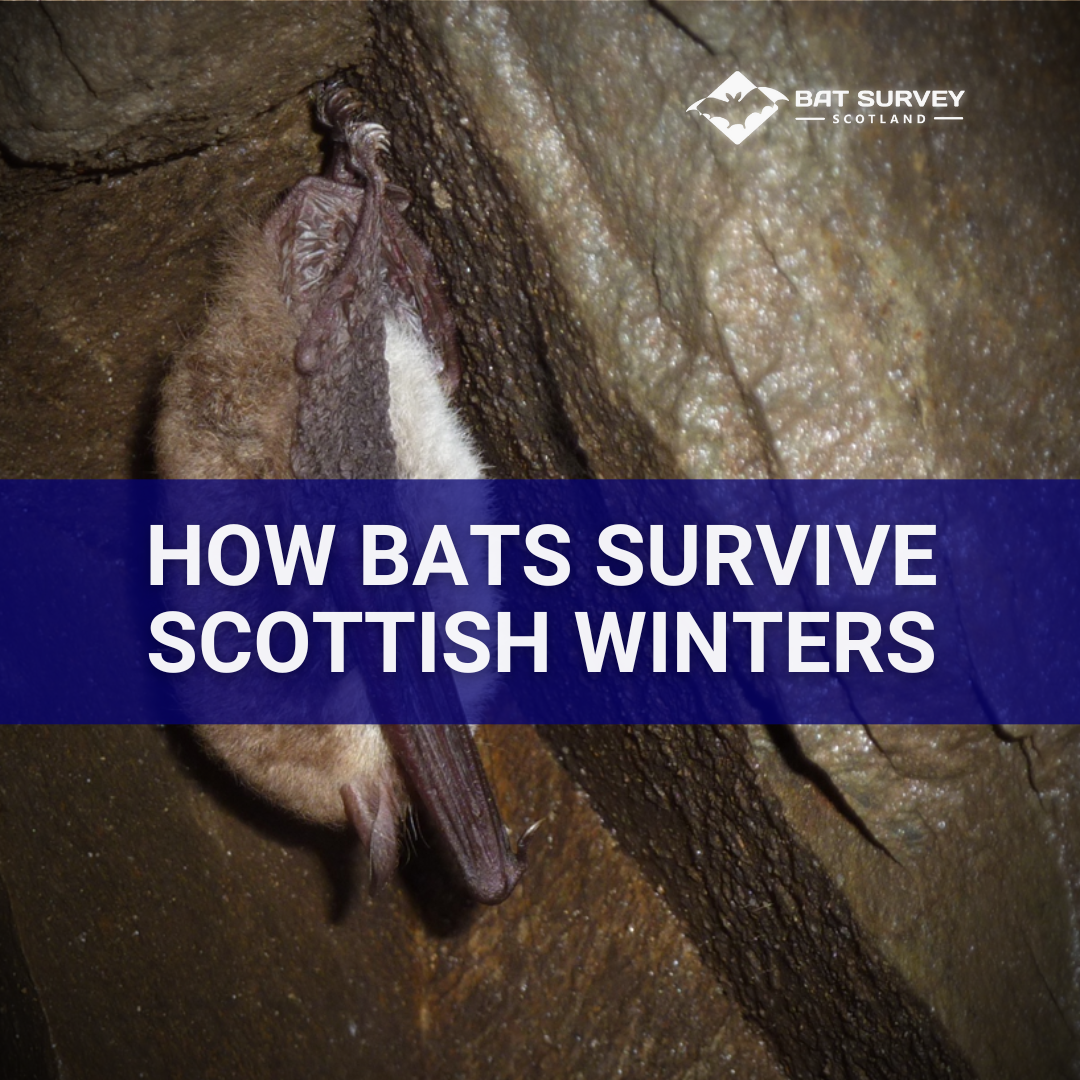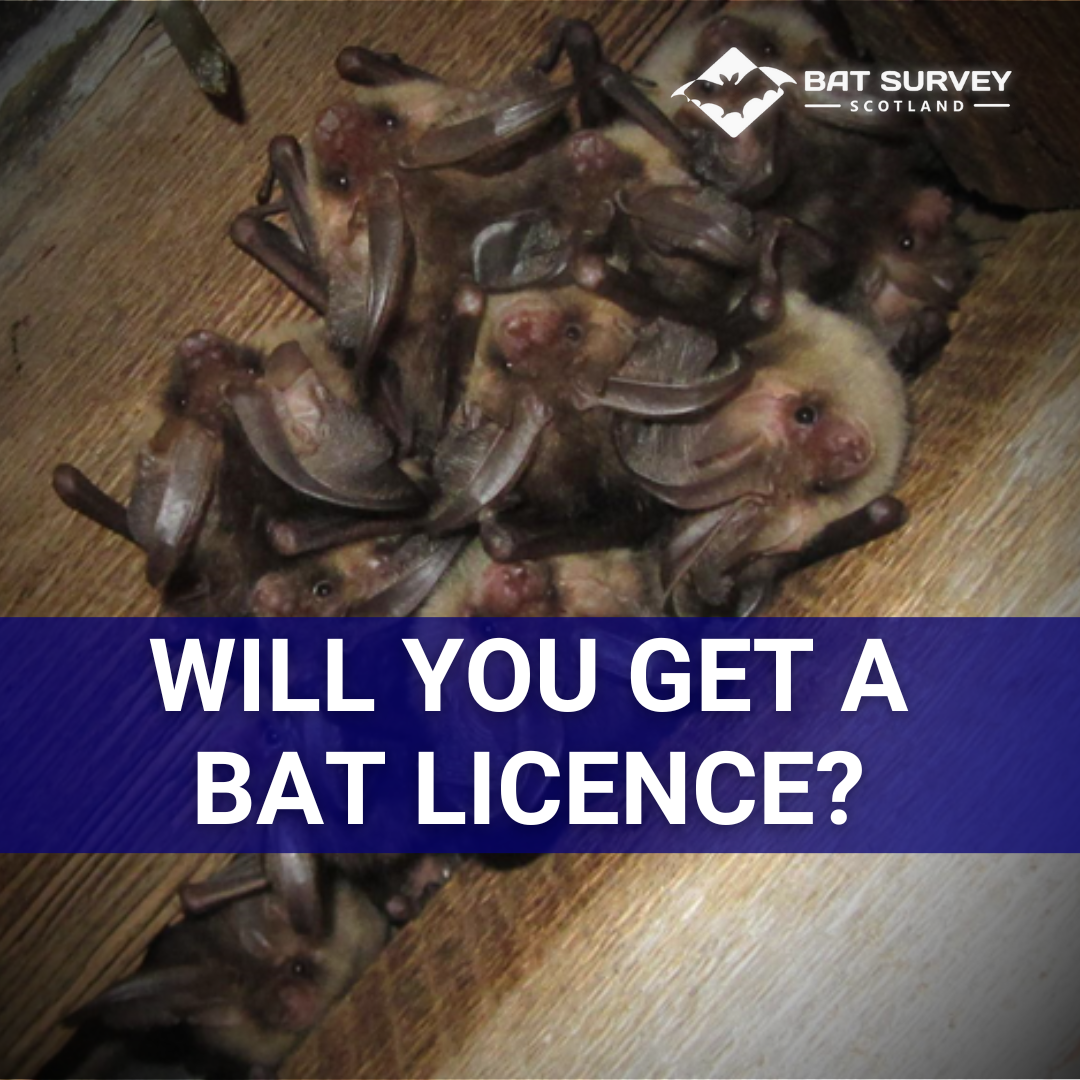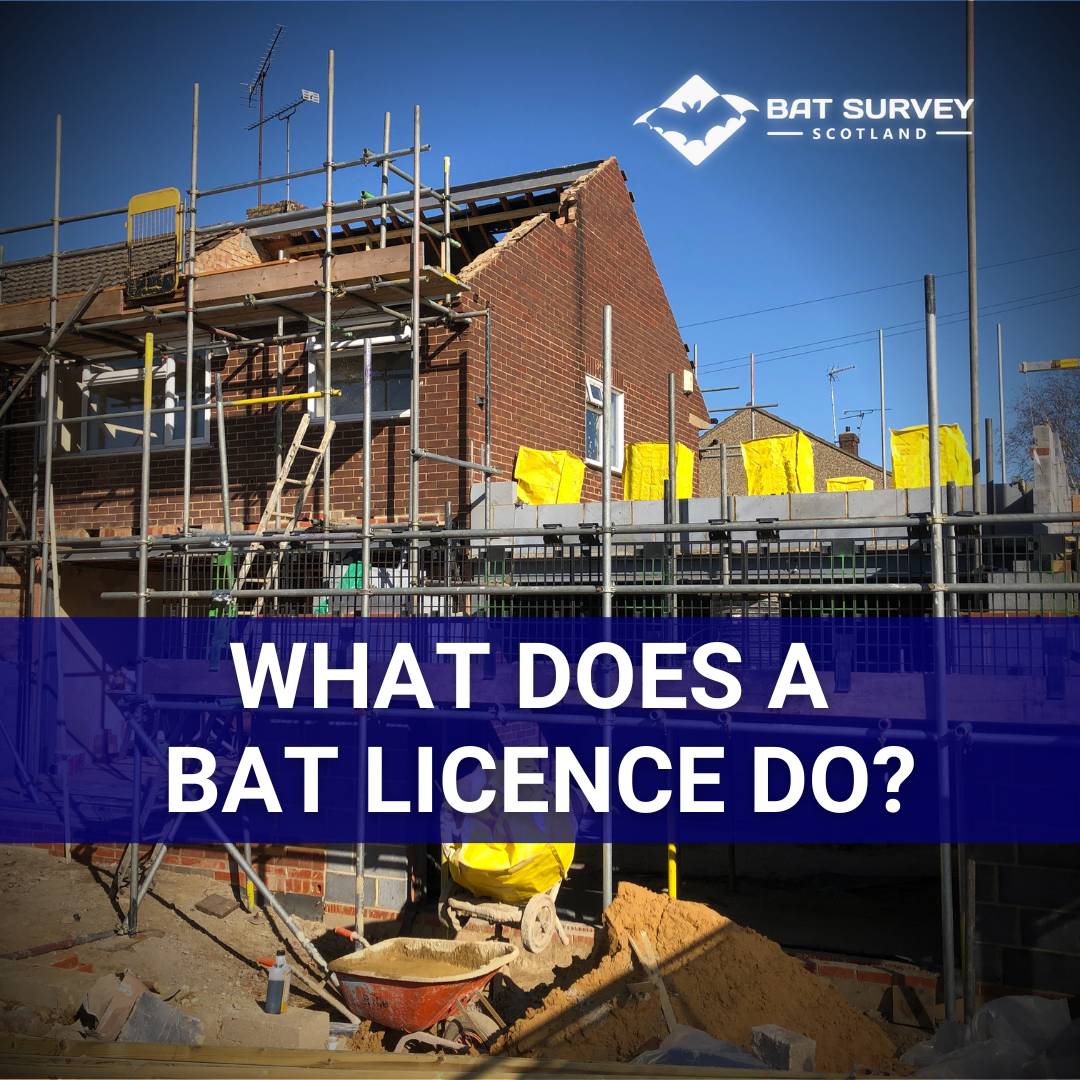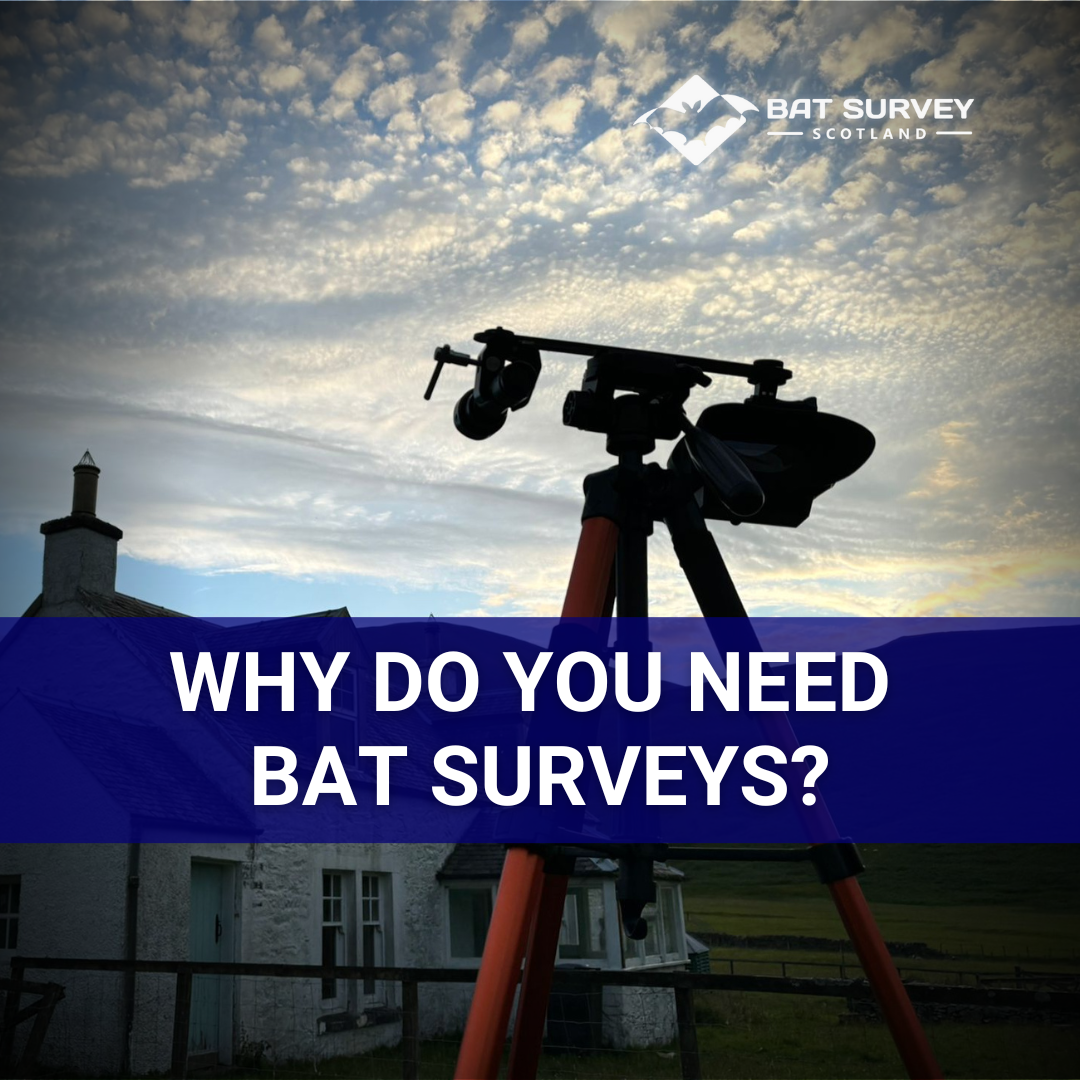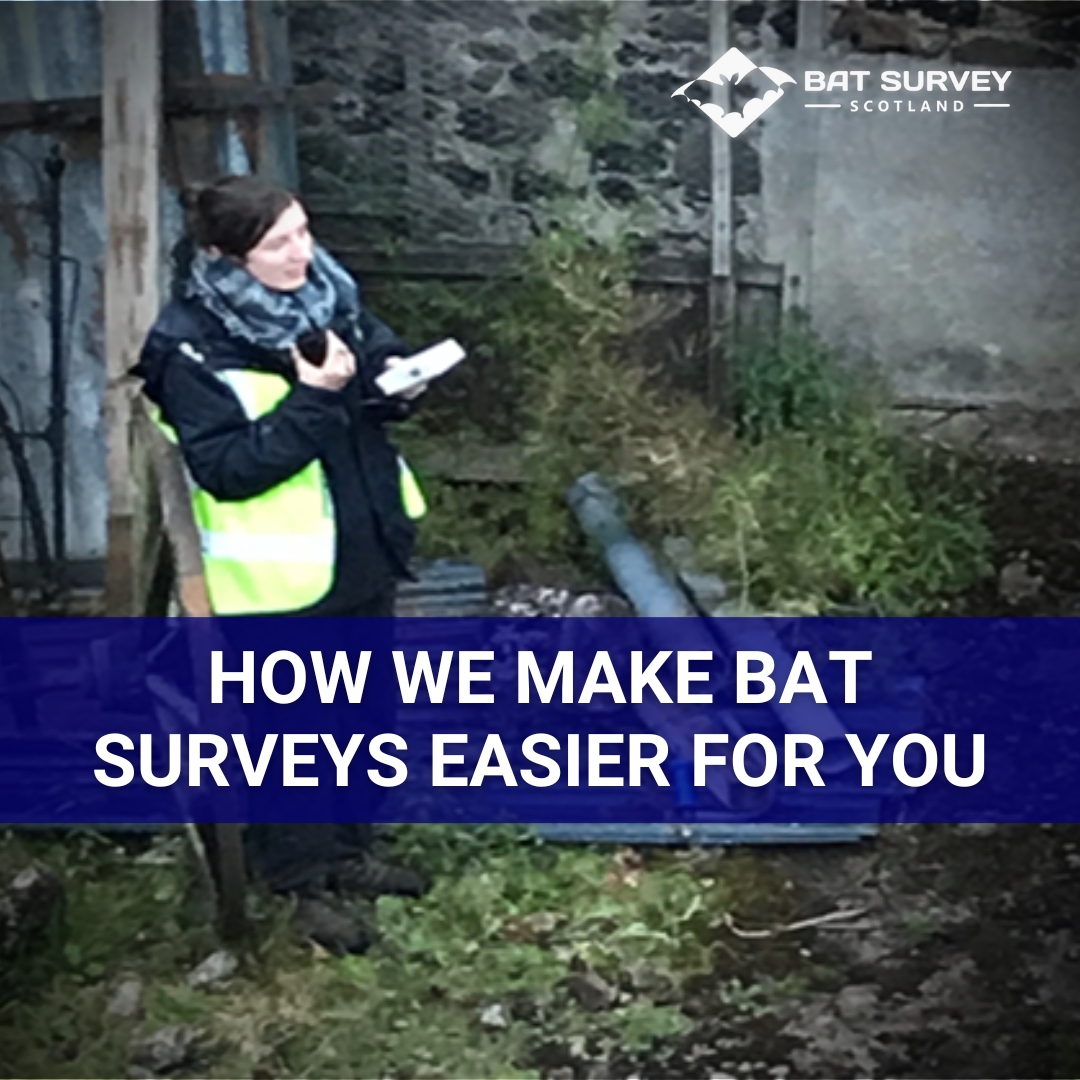Are Bats Pests or Pest Controllers?
Bats have a mixed reputation, and it’s a common misconception to group them in with pests like mice or rats. In reality, they play a bigger role as pest controllers! While bats need to be considered for any planning or developments, discovering a bat roost on your property can be a good thing…
Are Bats Pests?
The short answer: No, bats are not pests.
Pests like rats or mice can cause damage or spread potentially hazardous waste. Bat’s generally don’t cause problems in the same way. Unlike rodents or birds in your loft, bats do not chew wires, gnaw wood beams, or build nests. They don’t cause structural damage or change the environment around them, instead, they make use of features that are already present. Bat droppings are small, dry, crumbly, and generally harmless (and they make good garden fertiliser!). Bat droppings and urine only tends to cause problems in very large maternity roosts. Most bat roosts go undetected until formal bat surveys are completed for a development!
“Unlike birds or rodents, bats do not make nests when roosting in buildings or cause structural damage.” - British Pest Control Association
Even if you have a maternity roost in your home, you are not going to find yourself overrun with bats in a short space of time. Bats have a slower lifecycle than mice and rats, having only one baby per year. They won’t increase exponentially!
Legally, bats are a protected species. It’s illegal to harm them or disturb their roosts, and this protection exists because their populations have experienced a decline (by as much as 90% over the last century). So not only are they not pests, they are protected by law to support their population recovery!
Bats as Pest Controllers
All UK bat species eat insects. Their diets include midges, moths, beetles, and other flying beasties that are pests or nuisances. They are high value pest controllers as they help us with:
Reducing numbers of biting insects: Locally, bats reduce biting insect populations every night they go out to feed. Individually they can eat 100s or 1000s of insects in a single night. If you’re usually a key target for midges, bats are on your side!
Free pest control for agriculture: By eating crop-eating insects like moths and beetles, they provide free, natural pest control. Not only does this reduce costs, but also means fewer chemical controls are needed to grow our food. They will also feed on biting insects feeding on livestock - several members of our ecology team have seen bats feeding above and around horses and cows. Globally, the service bats provide by reducing crop pests has been valued in the billions of dollars.
Eating plant eating bugs in gardens: As well as feeding over crops, they will feed on the plant-eating bugs found in your garden. A low cost, low effort way of keeping on top of garden pests.
They tell us about the ecosystem: As well as controlling pests, they also tell us about the wider health of the environment. Bats are considered ‘bio-indicators’ as their populations tell us about insect population numbers. If there is a healthy bat population, the local insect population is healthy too. By helping keep insect numbers in check, bats ensure no single pest species dominates, which protects plant life and even us (controlling mosquitoes can help reduce the spread of mosquito-borne illnesses, for example).
What To Do If You Have Bats at Home
It’s illegal to kill, harm, or disturb bats or their roosts without a proper licence.
If you find a bat roost in your home you…
Should not call an exterminator - bats roosts only rarely cause damage, and they won’t chew or claw at your home. If you need help with a roost that is causing problems, you can contact us.
Usually don’t need to do anything! Most bat roosts go undiscovered for years (if not decades), and so long as they are not causing any problems and you don’t need to disturb the roost, you can leave them as they are.
Will need an ecologist if you are planning any building works - We are here to help you navigate the law as you complete your building works and will help you and your architect reach your goals even where bats are present. We are happy to provide advice at any stage of a project (the earlier the better), so get in touch and we’ll provide site-specific guidance.
Bottom line: Never try to “get rid of” bats on your own – it’s against the law and unnecessary. Instead, seek guidance from experts (like our team at David Dodds Associates Ltd) who can help you do what’s best for both you and the bats.
If you need a bat survey (or think you might) get in touch with our team of specialist ecologists!
Or read more of our latest blogs:

